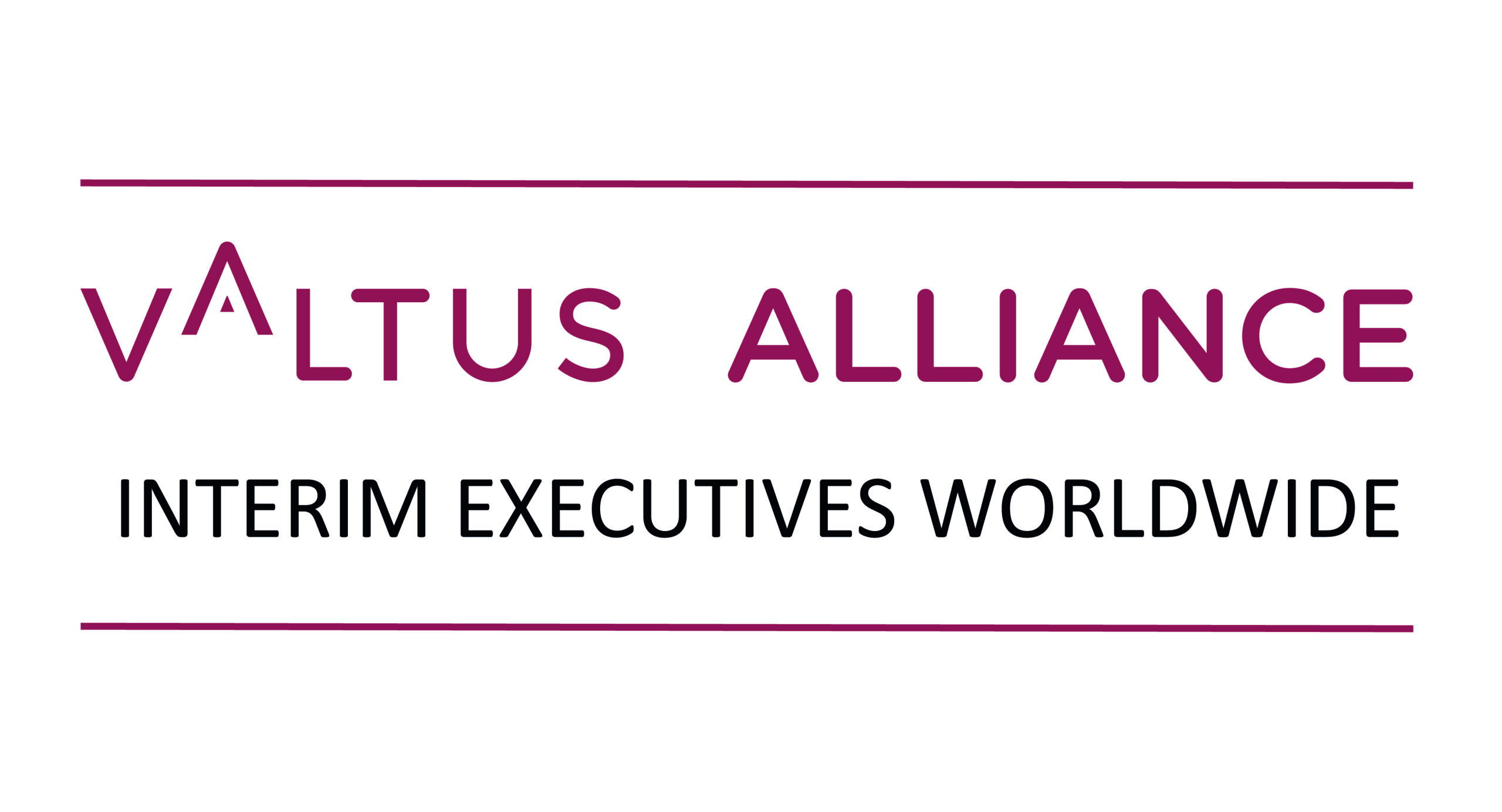Since the turn of the century, corporate governance has undergone significant transformations. After the Enron scandal, among others, new requirements were imposed in terms of reporting and internal control with increased responsibility for directors. Since then, more rules and expectations have only been added. More diversity, more focus on risk management, more attention to ESG objectives and cyber security lead to ever greater responsibility. Simultaneously, the scope of liability is expanding systematically.
Monitoring social relevance
As the challenges facing directors grow, so do the opportunities and risks they must deal with. Past experience and certification as a director are valuable elements in the selection of directors, but in themselves too limiting to meet the increasing expectations and complexities they face. Directors must answer not only to shareholders but increasingly to society.
The goal of enhancing shareholder value now encompasses a responsibility to monitor and cultivate social relevance. This places new demands on directors. The issue shifts from 'how competent are they today' to 'what are they capable of shaping tomorrow'. The time perspectives that directors need to consider in order to permanently anticipate change are increasing, and paradoxically, at the same time, their responsiveness to disruptive evolutions is becoming increasingly important.
Gone are the days when one only had to ensure that someone had relevant business experience and a well-developed network. Other qualities have become more important, such as the ability to develop vision of what the world will be like tomorrow, to empathize not only with the needs but with the underlying motivations of all stakeholders, and the ability to bring insight into those forces in our society that will have a fundamental impact on any sector or industry.
Awareness about ecosystems
Awareness of ecosystems – particularly their evolution and the impact they will have on the sector in which one operates – has become a basic requirement for directors to still be able to bear the liability they face. Consequently, selecting the right directors begins with a clear understanding of the context and the level of awareness required of prospective directors. Today, more proactive interaction with the external environment is expected, and greater forward-looking value creation.
It is important to clarify what those premises then mean concretely for an organization, because they determine the criteria on which directors are selected. And this has far-reaching consequences. We see that organizations still do not specify sufficiently what they set as conditions in this area. They often know what knowledge, experience and competencies they are looking for. But when added value consists of facing an increasing number of challenges, including economic and social disruption, then other principles come into play. These are still too little considered today.
Our unique contribution lies in providing deep insights
As a leadership consulting and selection firm, we look at people, organizations and society in an integrated and evolutionary way.
(1) On the one hand, an organization's societal challenge and strategic intentions, and
(2) On the other hand: people's strategic capabilities – which can be measured and predicted.
The mind comes with age, they say. And we are not talking about knowledge, but consciousness. With age comes a heightened awareness. By this we mean the lifelong growing ability of people to deal with increasing complexity. And that ability becomes more important in a VUCA world in which we can rely less and less on accumulated expertise or experience.
To make it more concrete, where sole proprietorships are typically limited to delivering good quality in their close quarters (as indicated on the circumplex below at 1 p.m.), organizations seeking to measure themselves on a larger scale should be more mindful of other, more complex forms of value creation.
And on the eve of 2024, we are well aware that a solid service, a well-oiled machine and well-developed innovation processes will no longer make it either. Increasingly, the pointer on this circle is moving toward 21:00 where the strategic focus is shifting to installing meaning – purpose – and a sustainable social contribution.

What we do at Accord Group, a subsidiary of VALPEO, is give organizations insight into the level of value creation they bring, or want to bring, as an organization going forward. Then we support them in the transition to the next levels. This often involves advising on the appointment of directors and executives to help shape and guide those transitions or supporting in the search for those directors.
What's the next step? Great achievements often begin with a simple meeting focused on a shared objective. Get in touch to explore how VALPEO could help your organization select directors.
Stefan Peetroons – Partner Accord Group & VALPEO

